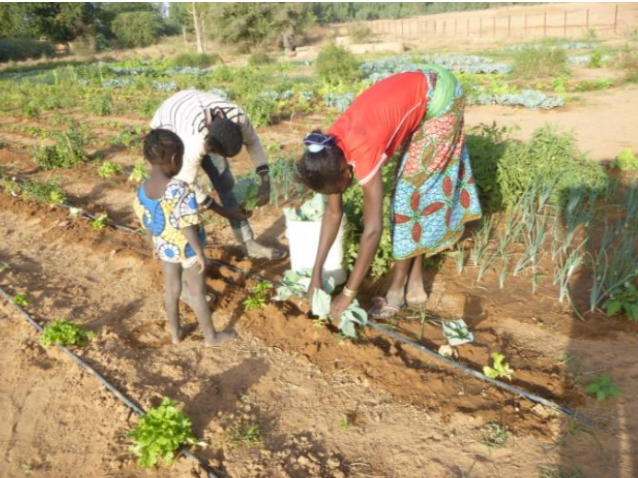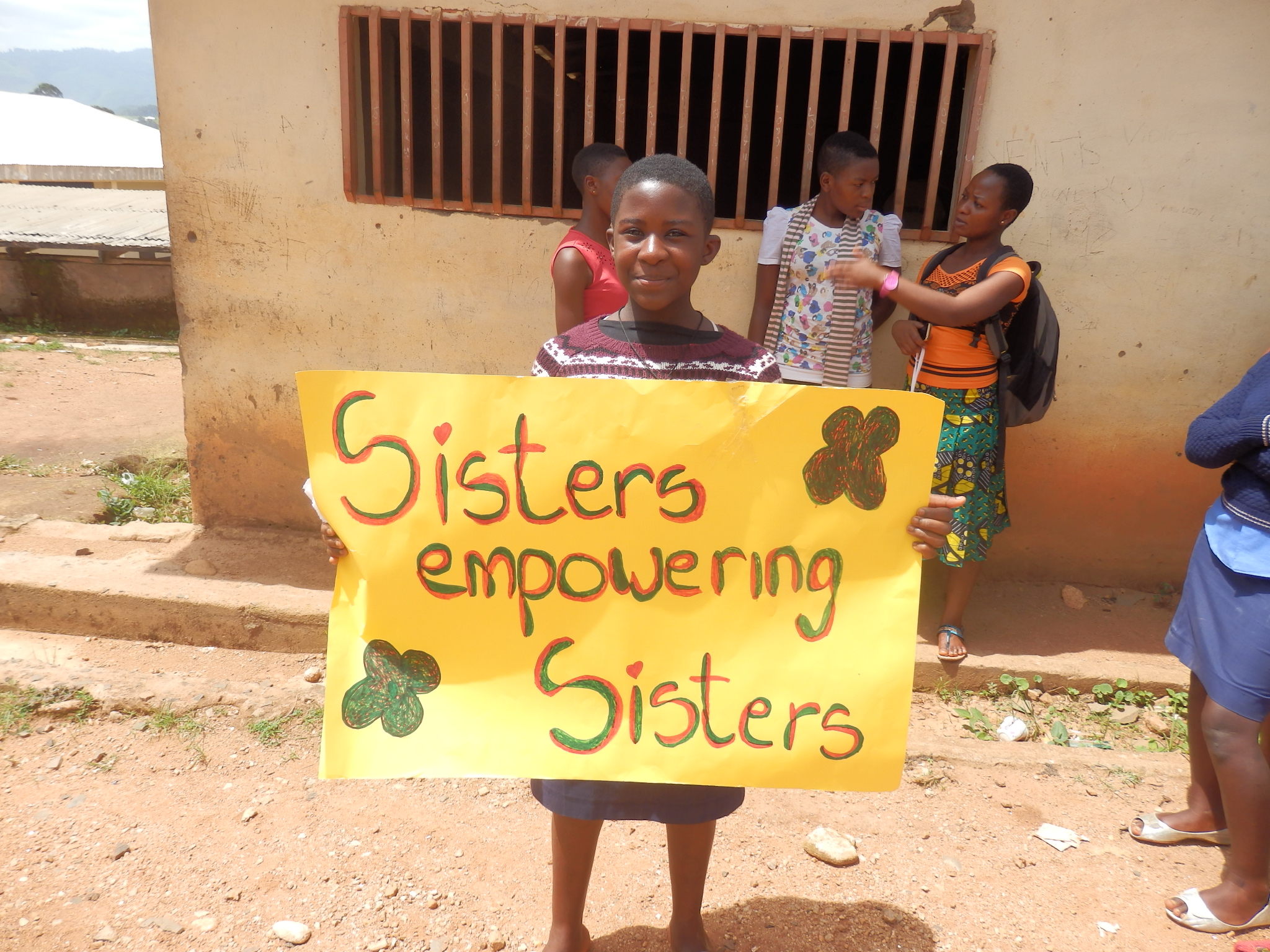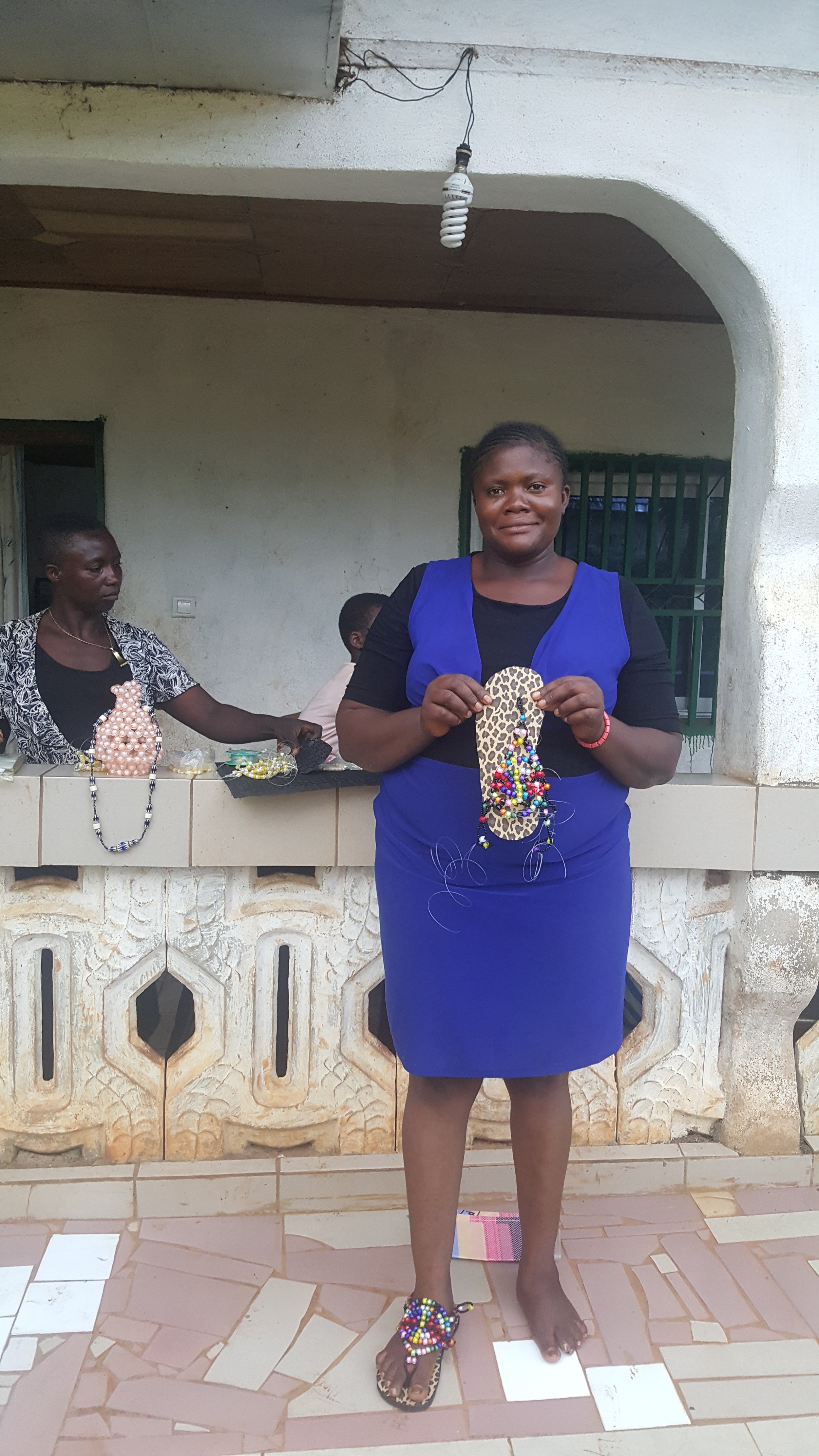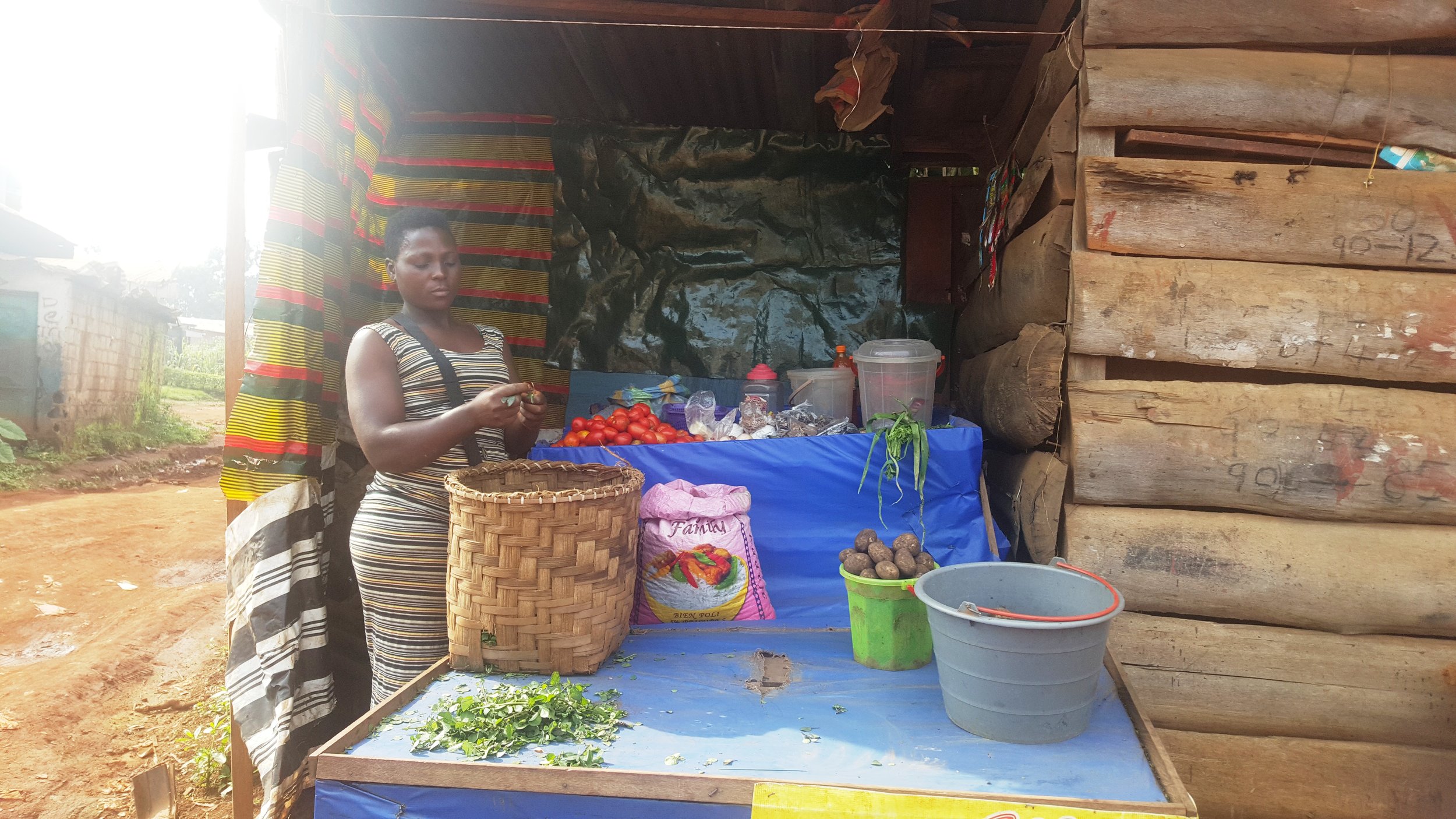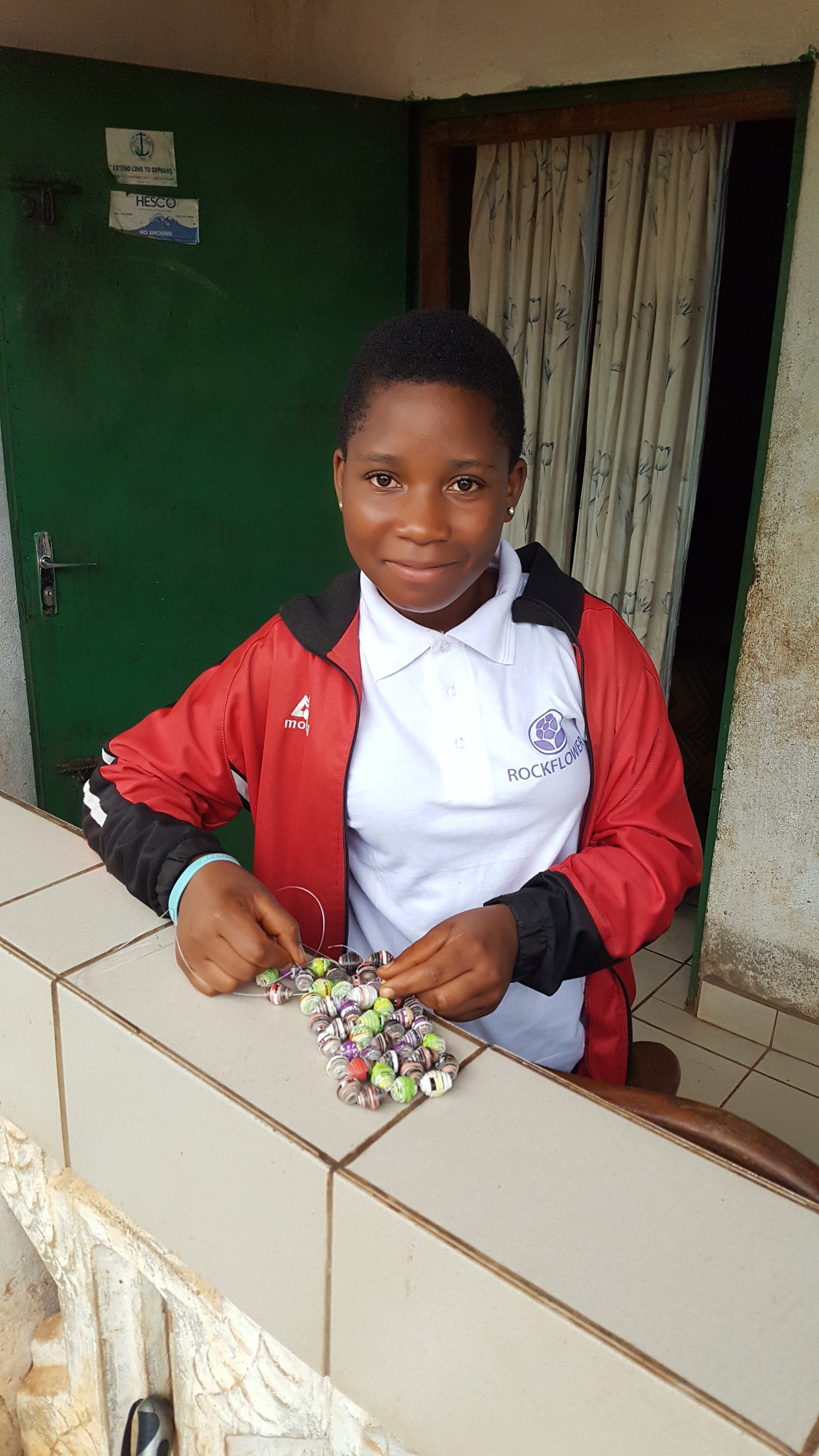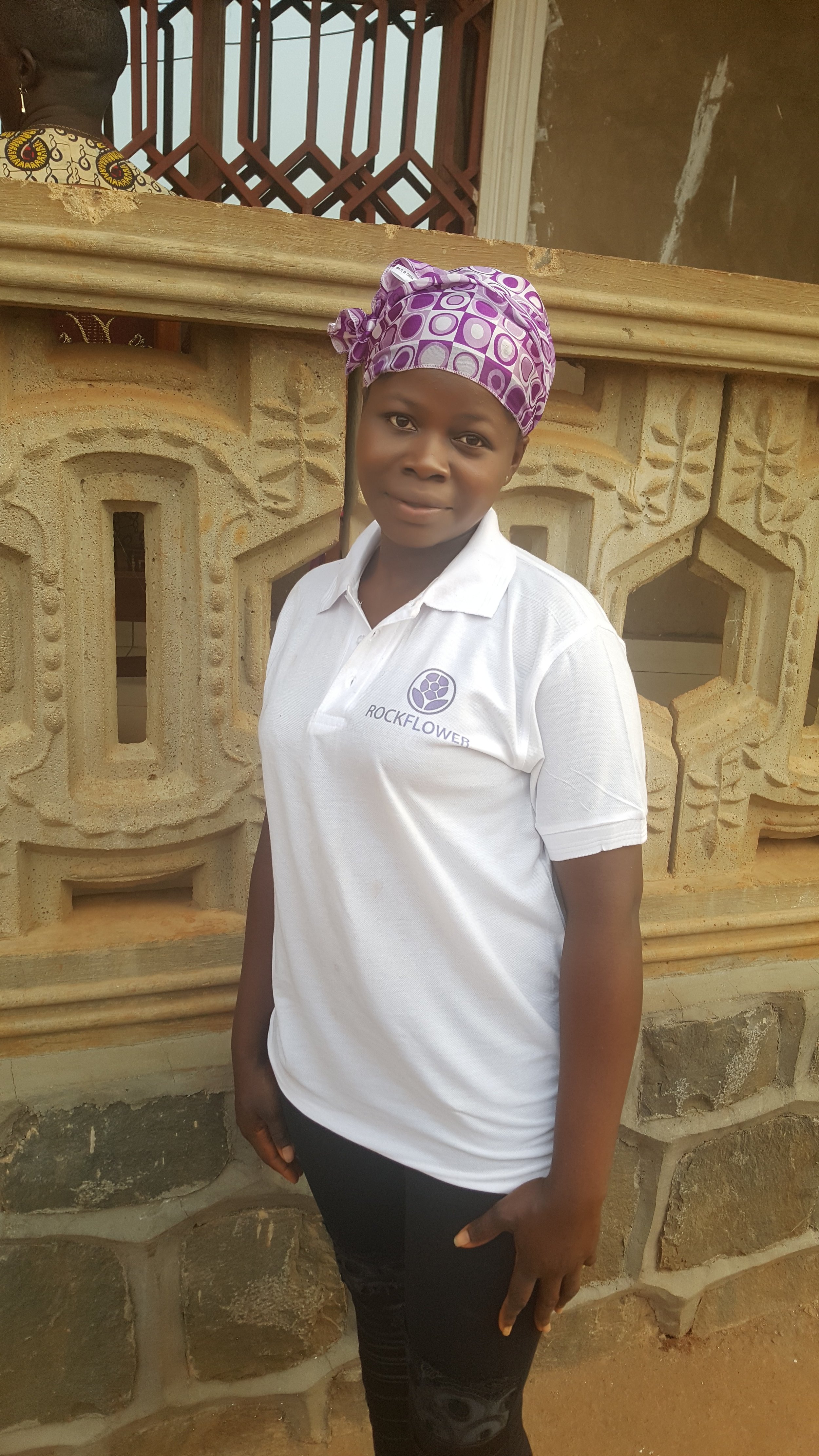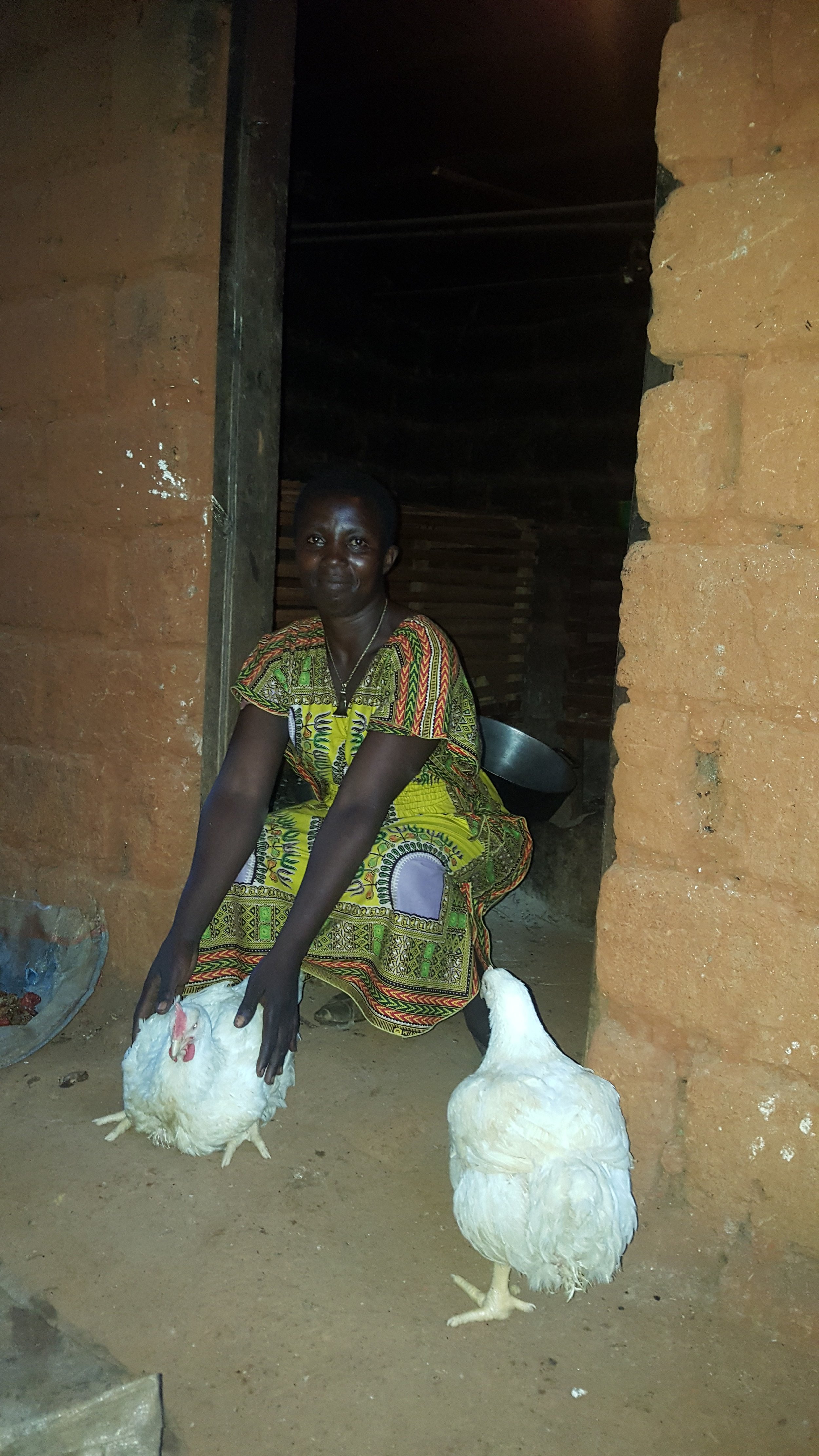Rockflower is launching a campaign with the Amal Association to provide the women's group in Samoumat, Morocco with tools that they can use to maintain their physical and emotional health in a productive, communal environment.
The goal of $3,500 will supply the women’s group with sewing machines to develop greater self-sufficiency, and basic exercise equipment, such as yoga mats and weights, to maintain their physical health.
The Samoumat Economic Independence Project campaign is being led by Amanda Swenson, a Global Ambassador in our Catalyzer Collective.
About the Amal Association of Samoumat
The Amal Association is a branch of a national Moroccan organization committed to supporting a wide variety of social and economic development projects. In Samoumat, the Amal Association has undertaken projects ranging from maintenance of the local water and irrigation systems to advocacy on behalf of their community seeking to defend the public health. The goals of the Amal Association of Samoumat include protecting those who are most marginalized within the community and promoting both socioeconomic and public health through coordination with local, regional, national and international organizations and authorities. The Amal Association is a registered Moroccan non-profit, non-governmental organization.



